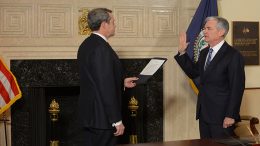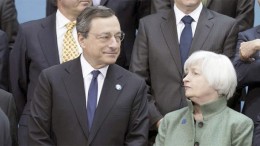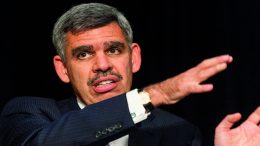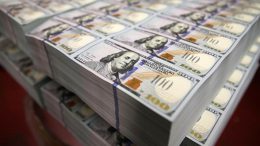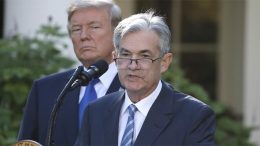Huge US Federal Budget Deficits In Perpetuity: What Should The Fed Do?
Benjamin Cole | The last filmy slips of fabric have been stripped away, and macroeconomists must now view the once-romanced US Congress in flagrante delicto with a real paramour: Mr. Big Bucks Deficits. From here, a premise of Federal Reserve monetary policy must be that it takes place alongside $1 trillion annual deficits.


